The Georgian Era in the history of England is a time period when the four King Georges ruled the throne of the country. King George I succeeded the throne after his cousin Queen Anne in 1714 which marks the beginning of this time. He was succeeded by his son King George II, followed by King George III and IV. The era ended with the death of King George IV in 1830.
The Georgian Era holds great importance in the history of England. Due to the changes in the lives of common people that were brought in this time, it can be considered that the foundation of a modern England was laid during the Georgian Era.
With the various changes in society that were being observed during this time, these years have experienced some of the most fascinating cultural changes, the language being one of them.
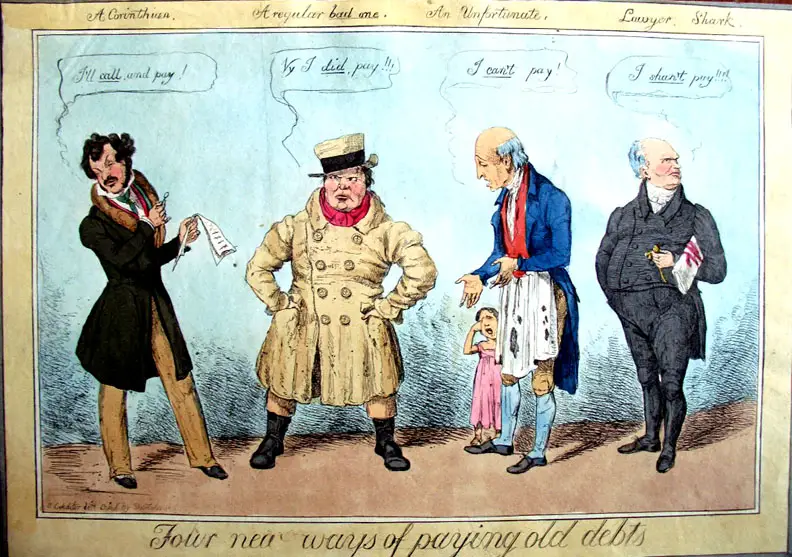
Influence of other Foreign Languages
When King George I took the throne, England was a multilingual country. English was the language that the masses spoke on a regular basis. However, Latin, French and Italian were considered the languages of the aristocracy. Many people of the high ranks used to speak it, as a result of which there were a lot of people who knew and used these languages already.
King George I was born in Germany and his first language was German. While he was the Prince in Hanover, he used French as the official language of the court. As a result, he was fluent in it as well. When he became the King of England, his German roots started to affect and influence the language of the common masses.
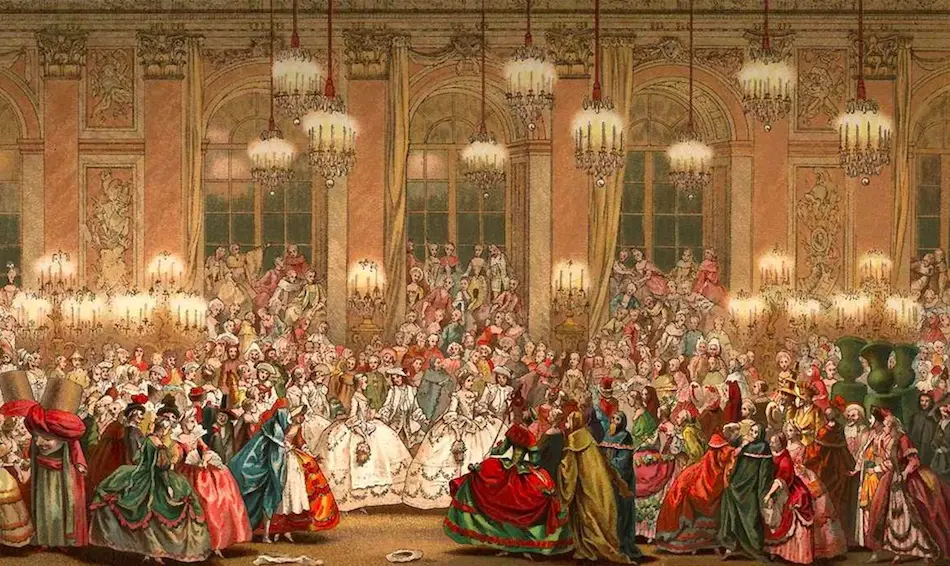
The result of all this was that the English language that was the common tongue of the people of Britain started to change and evolve. Slowly and gradually, many words from other languages like French, Latin, German and Italian started to be used commonly in English.
As the British government held the Indian colony more strongly, Hindi and other Indian languages also started to penetrate the common tongue, which was English at that time.
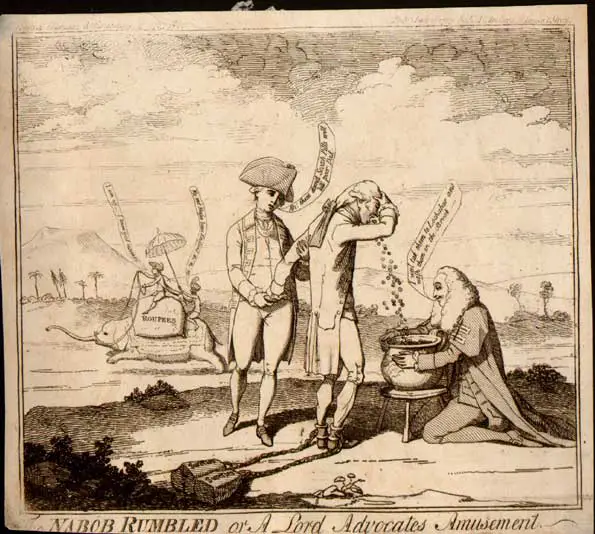
Cultural Influence on Language
The commonly spoken language of the Georgian Era was influenced by many other foreign languages. However, this is not the only reason why the English that was spoken during that time is so much different from its modern day version.
There are many cultural references and words that form the English language of the Georgian times, which work together to make it so twisted for a modern day English speaker.
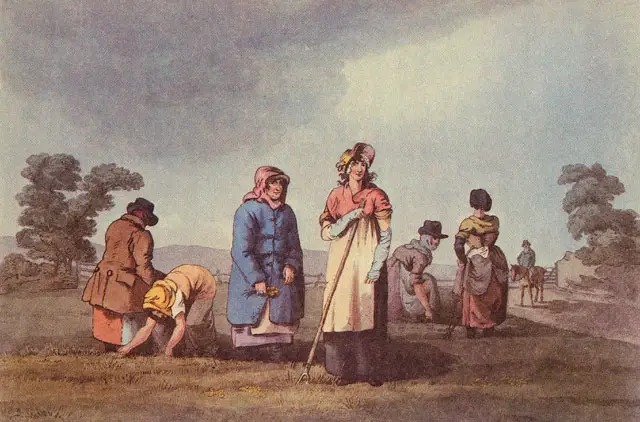
The social demarcation of the people and the division of the classes is one of the most important parts of the vocabulary of the Georgian Era. There were strict rules about who can be called a gentleman or a lady, which the people of the Georgian times understood very well.
When it came to the people who were related to the king or the royal family in any manner, the terminology becomes more complex.
Apart from this, there were also a number of objects that were being used during the Georgian Era on a daily basis. As a result, it was obvious for people to mention them on a regular basis. Toilet, vinaigrette, snuff, corset and miner are some such words. Besides, many words, expressions and even phrases were also being used by the people of the Georgian Era that they had directly picked from the literature and the language that their ancestors spoke.
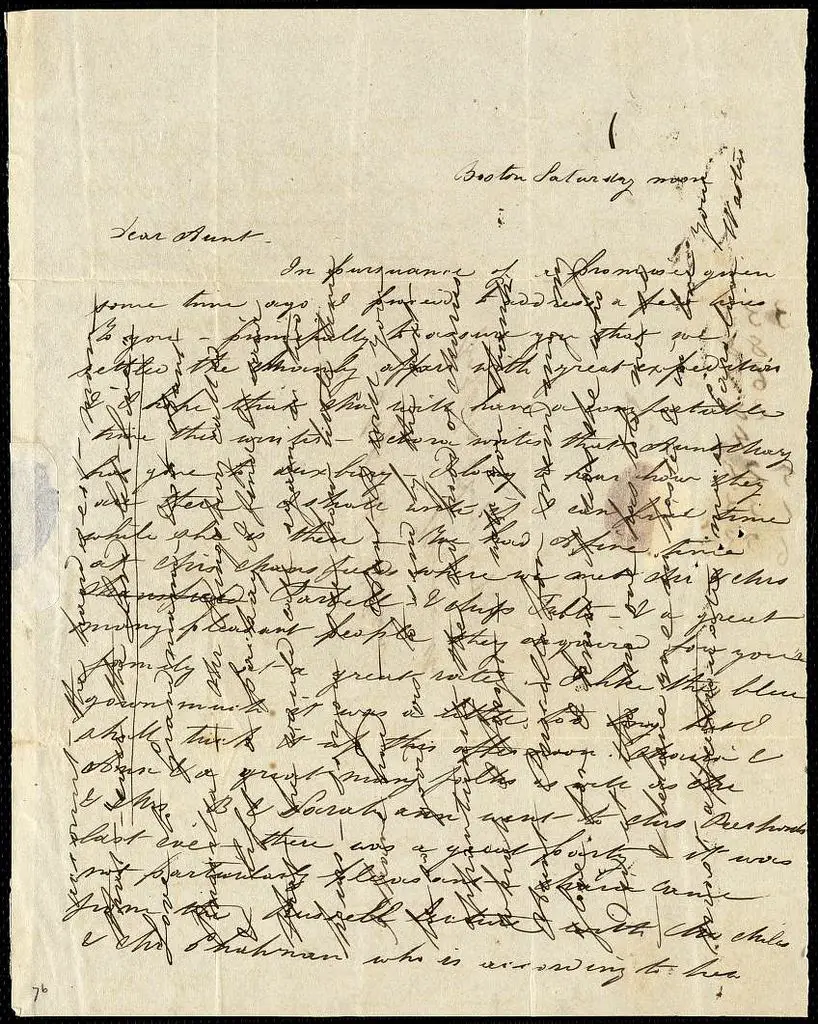
Common Slangs used by people of the Georgian Era
Some of the common expressions and words that were a part of the day to day lingo of the people of the Georgian Era can appear to be very fascinating. One of these expressions is ‘not to know a B from the foot of a bull’ which means to be ignorant. It was a very common proverb that the people of the Georgian Era used.
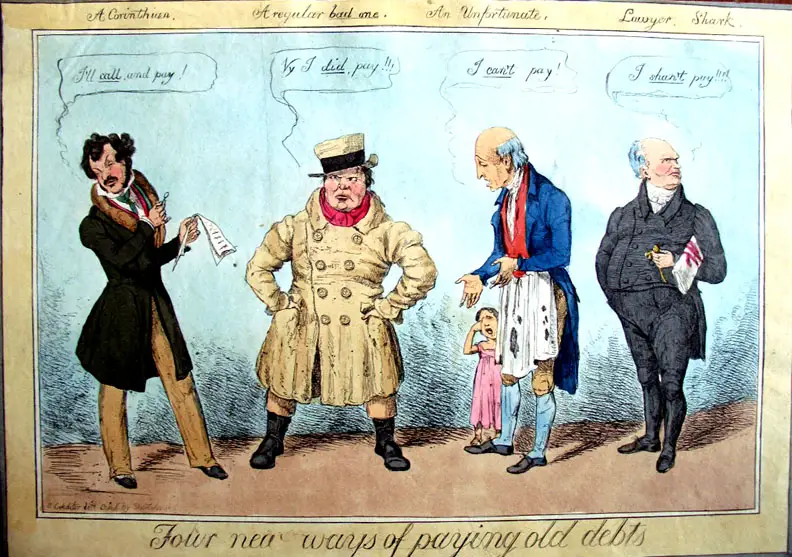
Apart from this, there were a number of other ways that people used to insult each other that came to be known as the popular slangs of the Georgian Era. It was common to refer to ‘a house of civil reception’, which is a phrase for a brothel and comment on each other about their visits to them while abusing others.
Besides these, there were many words that people used to call each other that classify as slangs. A coxcomb was a common expression used for a fool. A Corinthian was a fashionable man, but was often used sarcastically as well.
A nanob was a common term that was used to refer to a person who has made a great fortune in India and a foxed person is generally a drunk. Besides, verbs like gammon which means a lie, gudgeon that refers to a gullible person were also not remote when it comes to the everyday language.